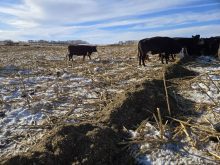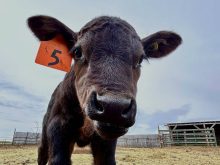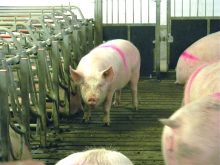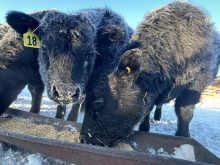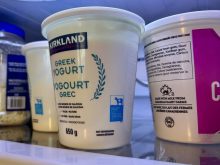Lethbridge researchers are looking for ways to reduce E. coli levels in cattle but warn ‘the risk is never zero’
There’s no silver bullet that will completely protect us from foodborne bacteria such as E. coli 157, says a food safety expert.
“We also need to be responsible at the retailer level and we need to take responsibility at the consumer level as well,” Agriculture and Agri-Food Canada researcher Tim McAllister said at the Alberta Innovates Bio Solutions Impact Innovation event.
“We need to be vigilant all along (the supply-chain) pathway and have multiple control points. The more control points we have, the more we reduce the risk of encountering pathogens. But again, the risk is never zero.”
Read Also
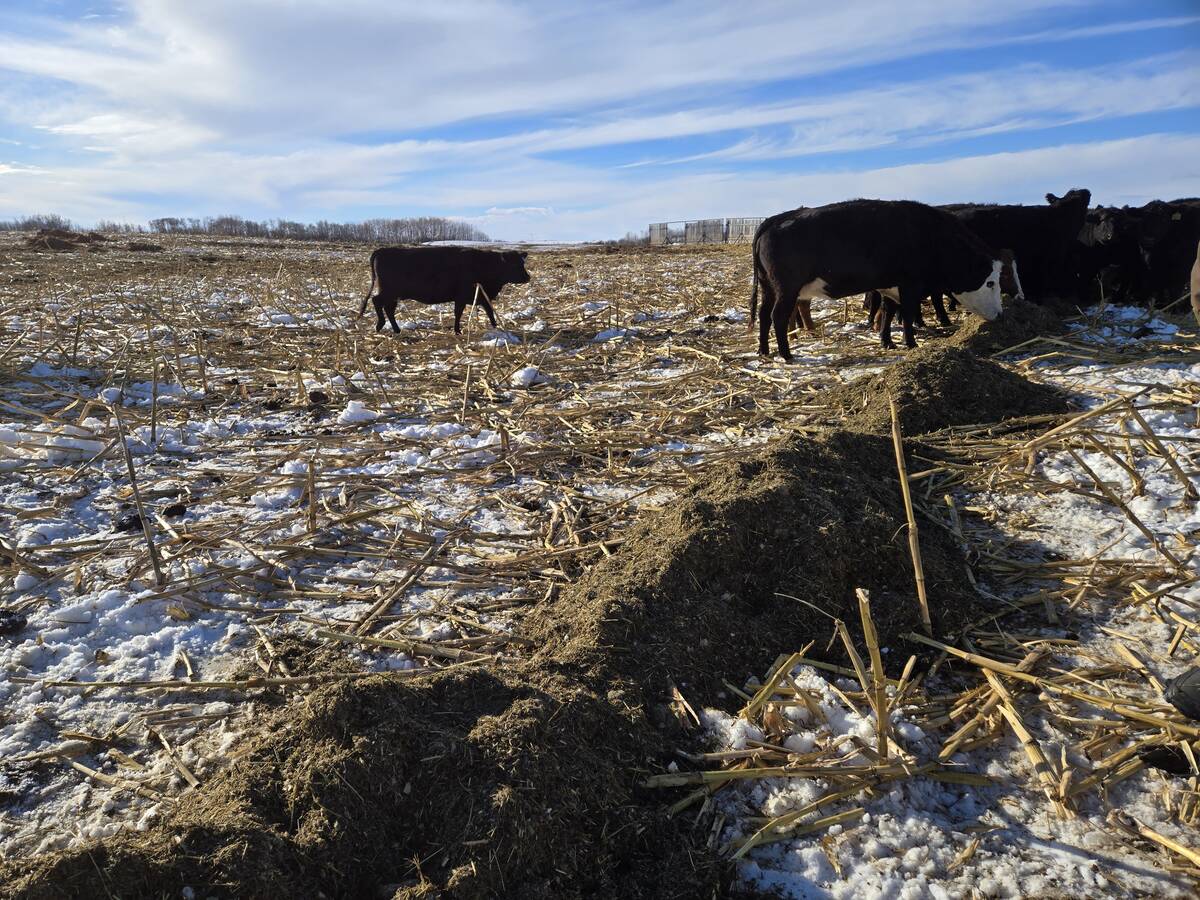
Winter grazing tour highlights cost-saving mix of cover crops and silage
Discover one beef producer’s strategies to slash winter feed costs — and how to make sure it meets a cattle’s nutritional needs.
McAllister and his team at the Lethbridge Research Centre are investigating microbes in the rumen of beef cattle. The rumen is an inhospitable environment as it contains no oxygen and high amounts of acid and the researchers want to make it even tougher for bacteria such as E. coli 157, which was responsible for last year’s outbreak at the XL Foods plant in Brooks.
“When we’re talking about food safety, we’re talking about creating an environment where it is unfavourable for certain microbe populations to survive,” he said. “That’s what we’re trying to do. We’re trying to put the odds against them.”
McAllister’s team is studying both good and bad bacteria, and how they’re affected by changes in diet. For example, the researchers have found diets high in forage lower the amount of E. coli 157. A seaweed product from Nova Scotia had a similar effect but it’s not yet known if distillers grains have any impact.
Some researchers have found a control for E. coli 157. Bacterial viruses, known as phage, attach to the surface of the bacteria and replicate their own DNA in it, eventually causing the bacteria cells to break apart. Phage are very specific and certain ones will only affect E. coli 157, and not other kinds of the bacteria. A high presence of phage causes the number of the bacteria to decrease, while low levels of phage cause E. coli 157 to increase. American researchers have developed a phage product that can be sprayed on the hides of cattle before they go into the slaughterhouse.
While this type of research is promising, it can only go so far, said McAllister.
“We’re always talking about lowering, never complete elimination,” he said.



